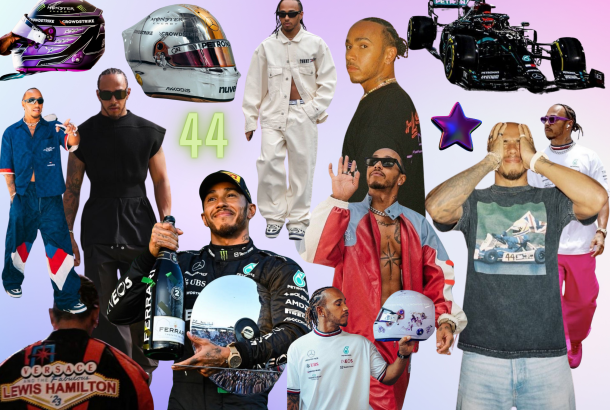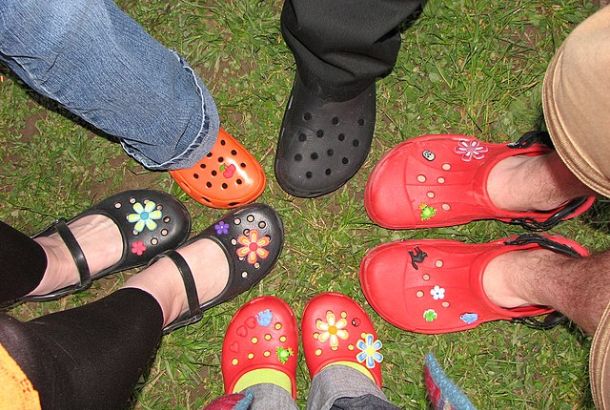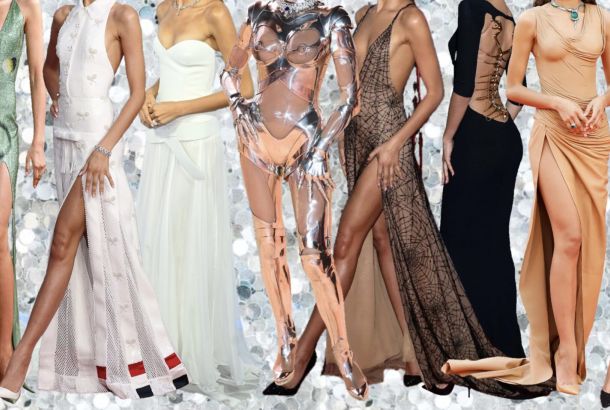Addressing the issue: Billy Porter vs Harry Styles
By violetcannon

It’s hard to imagine that Harry Styles could ever be scrutinised, but his recent disagreement with actor and singer Billy Porter has proved otherwise.
As we have all undoubtedly seen, Harry was pronounced the first male solo to feature on the cover of Vogue in December 2020 – and he did so wearing a dress. Styles has always been recognised and applauded for his androgynous style, with photographer Tyler Mitchell going as far as to say that “he’s a revolutionary” and “the image of a new era”.
Whilst this commendation is well-deserved because of his role in inspiring the new generation, there are others who should have been credited for their contribution to the conversation of cross-dressing and self-expression.
Notably, Billy Porter has been dressing eccentrically and wearing dresses on the red carpet for years. Porter expressed his frustration about Styles being on the cover whilst he has worked tirelessly for years and received significantly less acknowledgment.
Porter expressed, “I feel like the fashion industry has accepted me because they have to. I’m not necessarily convinced, and here is why: I created the conversation, and yet Vogue still put Harry Styles, a straight white man, in a dress on their cover for the first time.”
We can’t help but feel sympathetic for Porter – who simply wants to express his true self – when Styles’ intentions could be seen as more performative. It is clear that Porter was frustrated and needed to vent about the injustice he was experiencing.
Fast forward 11 months and Porter has apologised to Styles for slamming him. Instead, Porter has said that it is a systematic problem that Styles was used as a prop in, saying “It’s not about you. The conversation is not about you. The conversation is actually deeper than that. It is about the systems of oppression and erasure of people of colour who contribute to the culture.”
Vogue unsurprisingly chose Styles for their cover because he would generate the most hype, which is a reflection of the fashion industry and a wider issue in society. The industry is preoccupied with the public response because this directly contributes to their profits, and Styles would undeniably bring a bigger turnover than Porter.
However, marginalised people need more representation and credit in the media. The fashion industry claims to be ‘woke’ and inclusive, but under the surface, there is systematic injustice and oppression.
If nothing else, this conflict between Porter and Styles has brought this to light, and further highlights the need for change in order to give credit to the people who deserve it most.







